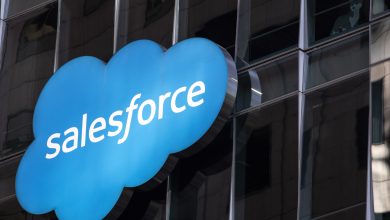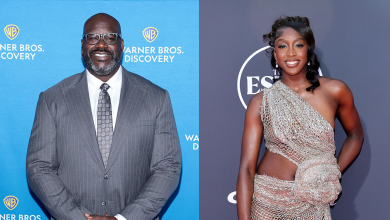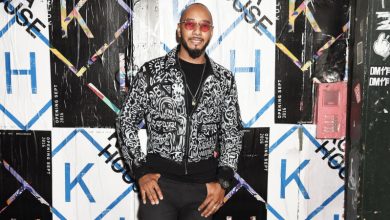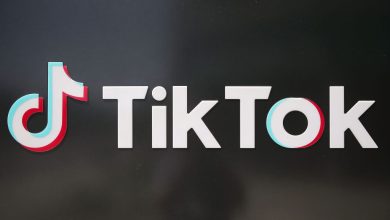Op-Ed: We Can Start All The Financial Literacy Programs In The World, But Low-Income Individuals Need More Money Too


Editorial Note: Opinions and thoughts are the author’s own and not those of AFROTECH™.
WNBA superstar Angel Reese and former NBA superstar Magic Johnson joined forces recently to create Wealth Playbook, a financial literacy program for high school students in Baltimore, MD. The program is a partnership between the Angel C. Reese Foundation, the Magic Johnson Foundation, and Pull Up Neighbor, an advertising firm focused on community outreach. Through the program, students will learn how to manage their money and build long-term wealth.
The program is split between four sessions, with beginnings at Saint Frances Academy, Reese’s former high school in Baltimore. The first session was a lesson in budgeting, understanding credit, and basic money-management skills. There’s no denying that financial literacy classes are needed, but who really gets to benefit from them?
Both Johnson and Reese have basketball in common, but they are also in a privileged position to have so many resources at their fingertips. It’s not difficult for them to succeed with million-dollar campaigns, wealth advisors, and fame. Education is the first step in knowing how to manage money, especially for people like them who focus on how they can keep their wealth. It should be in everyone’s best interest to learn how to manage money, but what good is the advice if you don’t have any money to begin with?
There is a surplus of financial literacy programs led by Black celebrities, but Black wealth hasn’t increased as a result. I think that these programs should assist people in acquiring actual money to fund their business or be vocal in advocating for higher wages to put more money in people’s pockets. If investing in cryptocurrency won’t build Black wealth, then financial literacy programs won’t make such a difference if their overall living situation doesn’t change. Celebrities also have the advantage of writing off these charitable programs on their taxes, providing an even greater financial incentive that those who participate in the program won’t be able to receive.
Financial literacy programs can also feel like a sort of shaming to those who are struggling. There is a majority of Americans who live paycheck to paycheck. Many may view these programs as shaming them for bad money management, but oftentimes, financial struggles can be out of our control. Celebrities who have accumulated wealth forget that not everyone is granted the same opportunities to make a lot of money. Money management could only take you so far when the average person has less than $500 in their savings, according to Yahoo Finance. Literacy classes are just one step in the equation, but people who struggle in poverty need more than just budgeting tips; they need actual money. If you’re low income, budgeting all your money won’t save you from an emergency, debt, or any other unexpected purchases. Coupled with inflation and an impending recession, unless you’ve been blessed to be in a higher tax bracket, these classes won’t save you from financial ruin.
While these classes are important, there should be a push for higher wages as the world grows increasingly expensive. These lessons on financial literacy won’t make you any richer.




